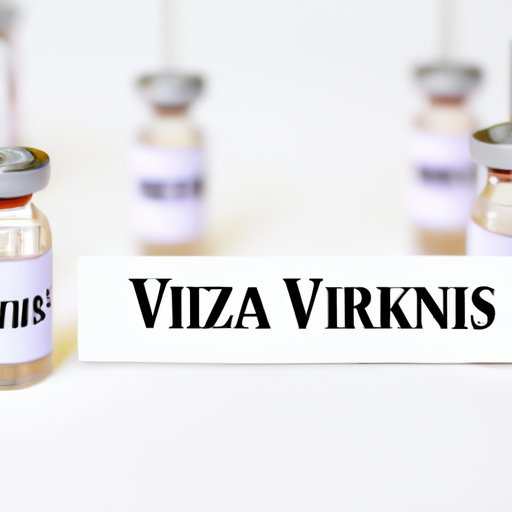
How to Get Rid of HPV: Preventative Measures, Natural Remedies, Medications, and Surgery
Human papillomavirus, commonly known as HPV, is a sexually transmitted infection that can cause genital warts and is also linked to several forms of cancer. While HPV may seem intimidating, there are many treatments available that can help get rid of the virus. In this article, we will explore preventative measures, natural remedies, medications, and surgical procedures that can help eliminate HPV and decrease the risk of long-term complications.
Prevention is Key
The best way to get rid of HPV is to never contract it in the first place. Prevention methods include getting the HPV vaccine, practicing safe sex, and using protection during sexual activity.
The HPV vaccine is recommended for both males and females between the ages of 9 and 45. It is most effective when given before sexual activity begins, but can still provide some protection after sexual activity has started. By getting vaccinated, you can lower your risk of contracting HPV and potentially developing related cancers.
Practicing safe sex and using protection, such as condoms and dental dams, can also help prevent the spread of HPV. This is especially important if you or your partner has genital warts, as they are highly contagious.
Natural Remedies
While there is no cure for HPV, natural remedies can help boost the immune system and improve the body’s ability to fight off the virus. Some common natural remedies include vitamin supplements, green tea, and beta-carotene-rich foods.
Vitamin C and beta-carotene supplements have been shown to help improve the immune system’s response to HPV. In addition, green tea contains antioxidants and catechins that can help reduce the risk of developing cancerous cells.
It is important to note that while natural remedies can be effective, they should not be used as a replacement for medical treatment. It is important to speak with a healthcare provider before beginning any new supplements or dietary changes.
Prescription Medications
Prescription medications can also be used to treat HPV and its associated complications. Imiquimod, Podofilox, and Trichloroacetic Acid are three common medications used to treat genital warts.
Imiquimod is a cream that is applied directly to the affected area. It works by stimulating the immune system, which in turn helps fight off the virus. Podofilox is a gel or liquid that is also applied directly to the wart. It works by destroying the cells of the wart. Trichloroacetic Acid is a topical solution that is applied by a healthcare provider. It works by chemically burning the wart off.
All three of these medications have been shown to be effective at treating genital warts, but they do come with potential side effects. It is important to speak with a healthcare provider before beginning any new medication to determine if it is the best option for your situation.
Surgical Procedures
In more severe cases of HPV, surgical procedures may be necessary. Cryosurgery and laser surgery are two common surgical procedures used to treat genital warts.
Cryosurgery involves freezing the wart with liquid nitrogen, which causes it to die and eventually fall off. Laser surgery involves using a laser to burn off the wart.
While these procedures can be effective, they do come with risks. It is important to discuss all potential risks and benefits with a healthcare provider before deciding on a surgical procedure.
Lifestyle Changes
Lifestyle changes can also help boost the immune system and improve the body’s ability to fight off HPV. Quitting smoking, maintaining a healthy diet, and getting regular exercise can all help improve the body’s overall health.
In addition, reducing stress and getting enough sleep can also have a positive impact on the immune system. By making these lifestyle changes, you can help increase your body’s ability to fight off HPV and its related complications.
Conclusion
In conclusion, there are many treatments available to help get rid of HPV and decrease the risk of long-term complications. Preventative measures such as the HPV vaccine and practicing safe sex are important in lowering the risk of contracting HPV. Natural remedies, prescription medications, surgical procedures, and lifestyle changes can all be effective in treating HPV and its related complications.
If you suspect that you have HPV, it is important to speak with your healthcare provider. They can recommend the best treatment approach for your individual situation. By taking action and seeking treatment, you can help get rid of HPV and improve your overall health.





